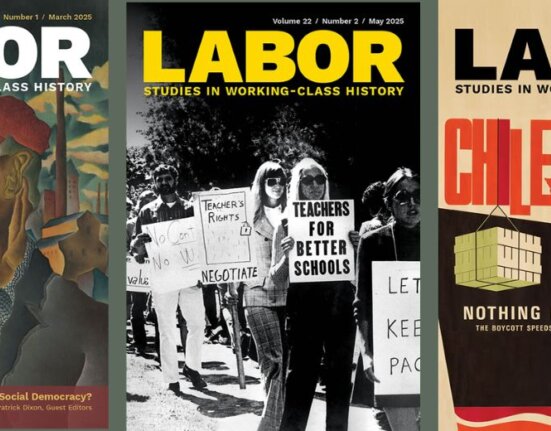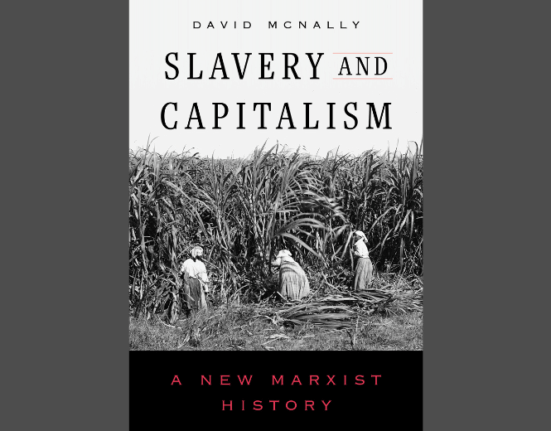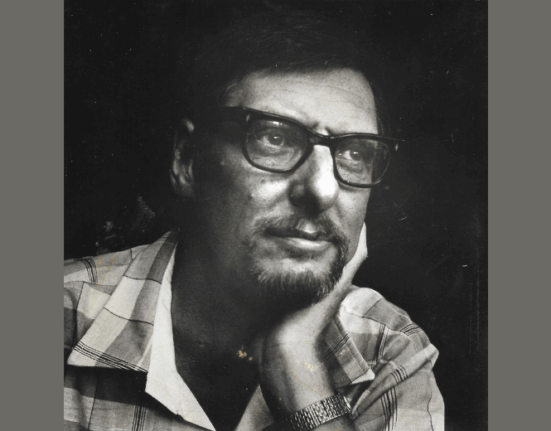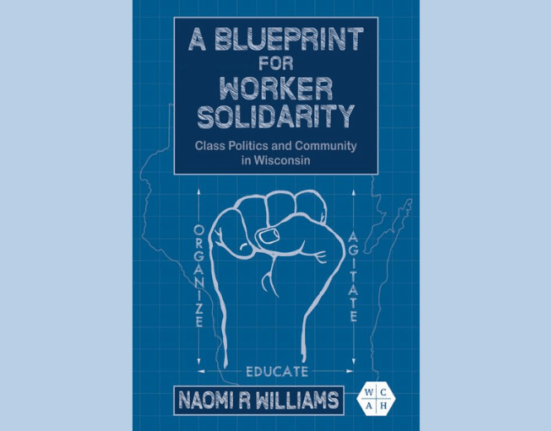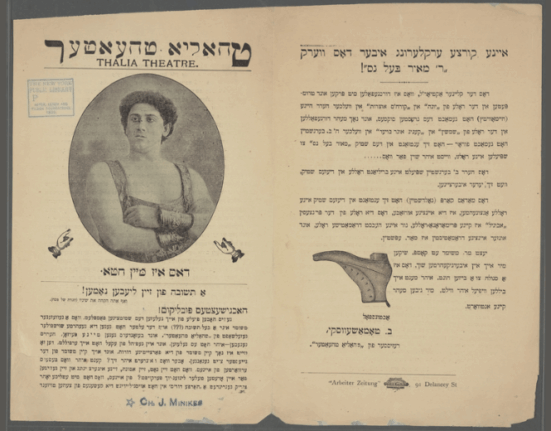This is the second in a series that updates and extends John McKerley’s essay in the current issue of Labor: Studies in Working Class History, which is freely available for three months, thanks to Duke University Press. The first post is here. I thought it was an important contribution given the uptick of graduate student, faculty and undergraduate organizing. –ed.

In 2018, I interviewed four leaders of the Union of Grinnell Student Dining Workers (UGSDW) at Grinnell College, a highly selective liberal arts institution in Grinnell, Iowa. At the time, I was working as the oral historian for the Iowa Labor History Oral Project (ILHOP), an over forty-year-old oral history collaboration focused on documenting the history of Iowa workers and their unions.
Recording the stories of UGSDW members was part of my job, but it also reflected a longstanding interest in student-worker organizing that stretched back to my time as a graduate employee and member of the United Electrical, Radio, and Machine Workers of America Local 896-Campaign to Organize Graduate Students (UE-COGS) at the University of Iowa. Formed in 2016, UGSDW was already at the point where its founding members were preparing to hand over the reins to a new generation, and I wanted to document what I worried might be an important but short-lived experiment in undergraduate worker organizing.
As it turns out, UGSDW was far more resilient than I had ever imagined. Indeed, it has gone on to become one of the most successful unions of undergraduate student workers in the country, including waging sophisticated, multi-year campaigns with national implications and expanding its jurisdiction to include all hourly student workers across the college’s campus. Most recently, in the spring of 2023, the union undertook its first strike as part of a complex and as-yet-unresolved campaign to improve conditions for its expanding membership.
This post—the second in a series—updates my edited interview from 2018 (published in Labor in September 2023). I speak with some of my former interviewees—all of whom have gone on to some form of organizing or advocacy work—as well as with new UGSDW leaders and an organizer from Starbucks Workers United in Iowa City, Iowa, whose recent organizing campaign was anticipated by the Grinnell students back in 2018.
Taken together, the interview and the posts reveal the role of student workers in the broader service sector in the US, as well as the profound reach of the exploitative working conditions that have come to define that sector. At the same time, however, the success of UGSDW and its counterparts suggests the potential for such workers to redefine the limits of union organizing in the US in ways that reshape the labor movement and its place in American life.

In this post, we hear from Quinn Ercolani, a former UGSDW officer and current staff organizer with the Harvard Graduate Student Union-UAW Local 5118.
The [2018] interview most definitely rings true today. I think so much of our optimism and hope was contingent on two things: the first being a shift in the composition of the NLRB, and the second being a shift in the organizing culture. Both those changes came to pass, perhaps more fully than we could have anticipated. If anything, the only thing that might be different in hindsight is that we could have been even more optimistic about the future of labor, especially in academia.
In the opposite direction, perhaps the most impactful lesson Grinnell taught me—and that has been reinforced at every shop or effort I have had the good fortune to have been involved in—is that no matter how hopeful we are for how things may be, we must deal with employers with a healthy dose of cynicism. From Harvard to Grinnell to the United Auto Workers themselves, organizers must remain ever vigilant. It is unfortunate, but we cannot default to trust, even with those who proport to be our ideological or political allies. Those with a vested interest in the status quo will always leverage their status, power, and money to their own advantage, and while good faith is key, blind faith makes the fight much harder.
I am appreciative of all those employers with whom I have had the pleasure to bargain for never failing to remind me of that fact. And in that way, Grinnell laid a most excellent foundation for my organizing. Not only did it give me a solid set of broadly applicable skills, but it taught me both sides of the psychological game that is labor organizing: hope for the future and cynicism for the present.



